Dr Jonathan Brett testing music festival portaloo wastewater
It is stomach-churning work but could pave the way for contentious pill testing at future music festivals. Researcher Jonathan Brett has already made several surprise findings while testing wastewater collected from portaloos.
The Ripple Effect
Don't miss out on the headlines from The Ripple Effect. Followed categories will be added to My News.
The unglamorous but important job of testing pee could be the missing piece in the puzzle that will help authorities decide whether or not they should undertake a pill testing trial at an Australian music festival.
The Ripple Effect can reveal University of Sydney’s Dr Jonathan Brett is leading one of the first music festival wastewater analysis trials in Australia to better understand what substance revellers take and in what quantities.
It also aims to pick up signals of highly toxic drugs that are circulating, with the information to be used to warn the public.
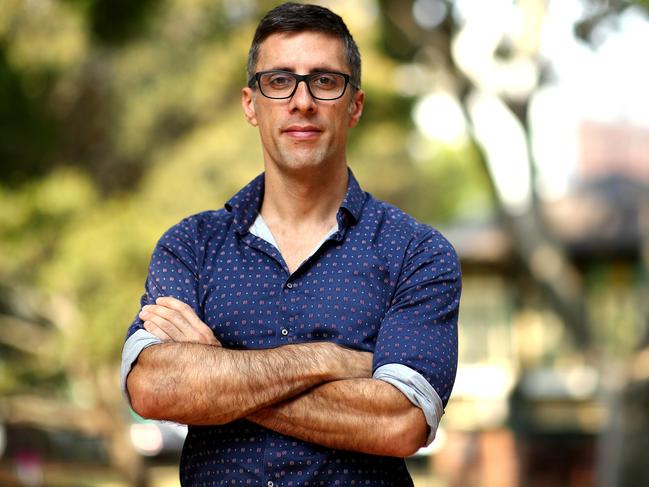
While Dr Brett has only tested portaloos at one major Sydney event so far, he was surprised to discover “novel psychoactive substances” sometimes marketed as bath salts — which contain highly toxic synthetic chemicals — were present in wastewater.
“We won’t know the full utility as a harm reduction message until we’ve run it a bit more … but it’s also something that may or may not support pill testing,” Dr Brett, from the university’s faculty of medical sciences said.
MORE FROM THE RIPPLE EFFECT SERIES
Podcast: How to talk to your parents about drugs
‘If only we knew then what we know now’
“If we’re seeing lots of novel psychoactive substances, that’s probably more of an argument to do pill testing because we know people may be taking things and they don’t know what’s in it that are highly toxic.”
Novel psychoactive substances are produced to mimic the effects of existing illicit drugs such as MDMA and cocaine and are being developed at an unprecedented rate, the Alcohol and Drug Foundation has revealed.
But they are difficult to police because manufacturers are constantly developing new chemicals to replace those that are banned.
Dr Brett said MDMA was by far the most common drug detected in the Sydney festival wastewater analysis, followed by cocaine and amphetamine.
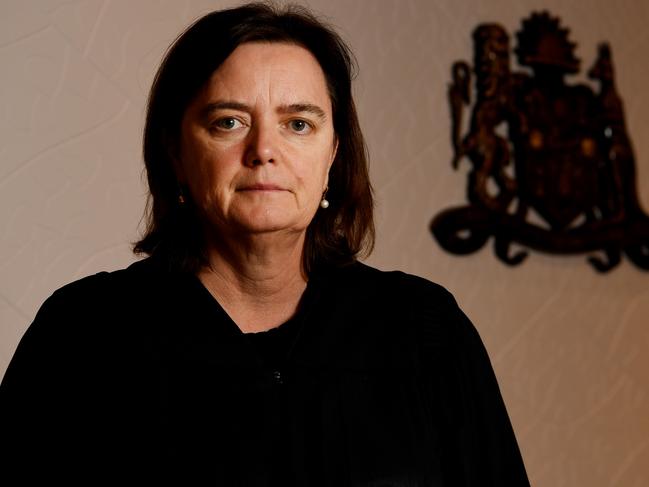
As part of the trial, he is also conducting a confidential survey on site asking revellers everything from what drugs they intend to take to what they know about harm reduction and their thoughts on pill testing.
Dr Brett said he supported a well-designed clinical trial of pill testing, which involves checking drugs to help people avoid unknown and potentially dangerous substances, to determine whether it is effective in reducing drug deaths.
Advocates have called for a focus on harm reduction services following a string of festival drug deaths which they say is evidence the “just say no to drugs” campaign is not working.
NSW Deputy Coroner Harriet Grahame, who investigated the deaths of six young people who died after taking MDMA at music festivals, last month recommended a pill testing trial and implored politicians look at the issue with “fresh eyes”.
The revellers were all under the age of 24 and from NSW, Victoria or Queensland.
But despite mounting pressure, most state governments remain strongly opposed to pill testing amid concern it gives a false sense of security and encourages drug use.
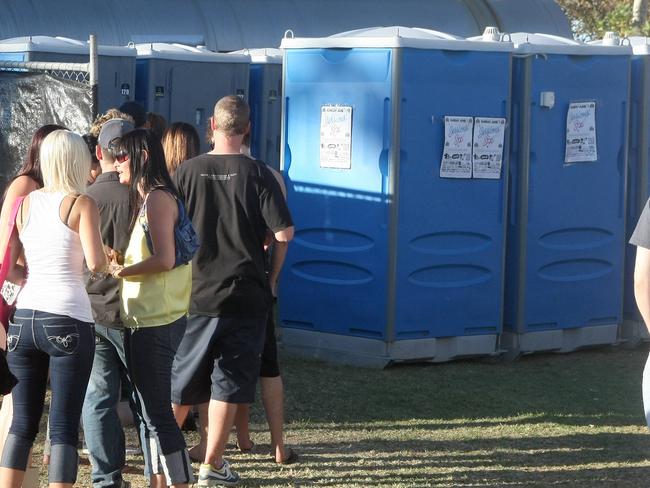
Premier Gladys Berejiklian will ignore Ms Grahame’s recommendation to introduce pill testing, which has also been supported by parents of the victims.
“But if there are (other) ways in which we can reduce harm to young people, of course we’ll consider those,” she said previously.
Melbourne City Council has also backed a pill-testing trial at festivals despite Victorian Premier Daniel Andrews insisting the government would not change its mind.
In a report released in November, the council said two trials at the Groovin’ the Moo music festival in Canberra in 2018 and 2019 were considered a “resounding success”.
Two samples were flagged as “potentially lethal” during the first trial in 2018.
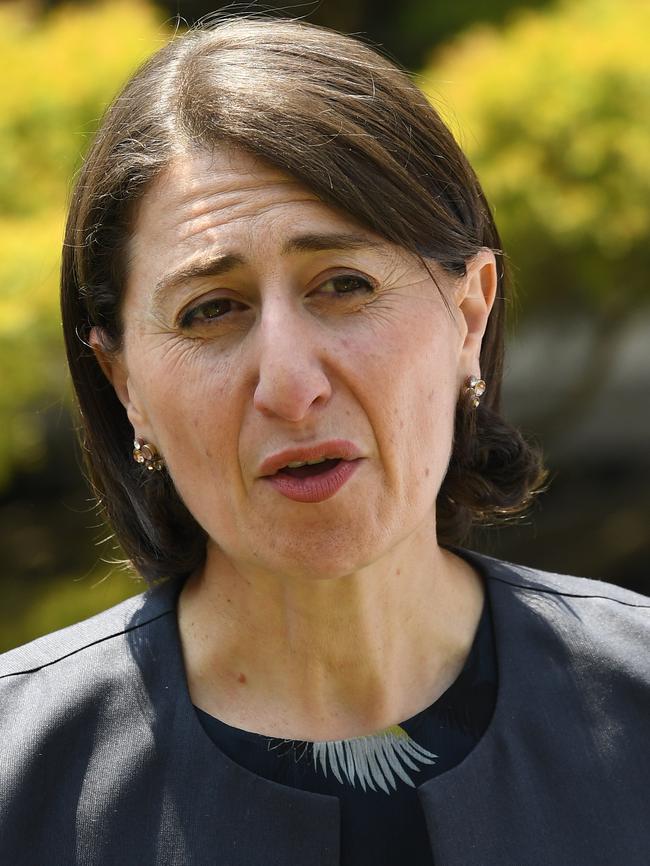
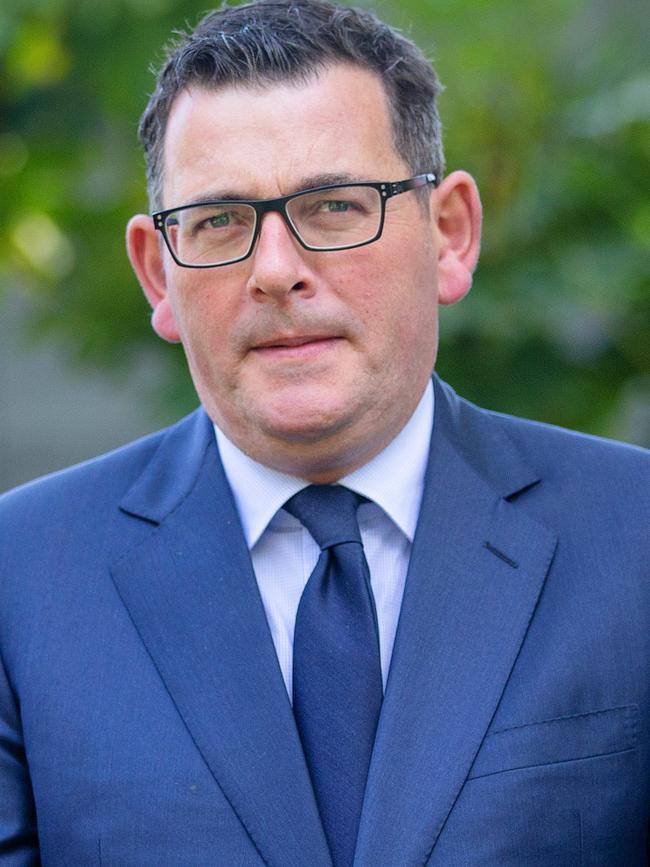
The following year, seven samples were found to contain the dangerous substance “n-ethylpentylone” — a synthetic cathinone which can be sold on the internet as bath salts.
All of the patrons whose drugs contained this substance ditched their pills in amnesty bins provided on site.
Dr Brett also discovered n-ethylpentylone during his analysis of festival wastewater.
“What’s interesting about that is we don’t know whether people are buying this stuff or whether it’s contamination of substances,” he said.
It is a common myth that drugs checked during pill testing will either “pass” or “fail” the test.
This is not the case and it is not up to medical experts to tell revellers their drugs are “safe”.
Rather, pill testing is a service that enables people to find out exactly what substances are in their pills to make an informed decision.
